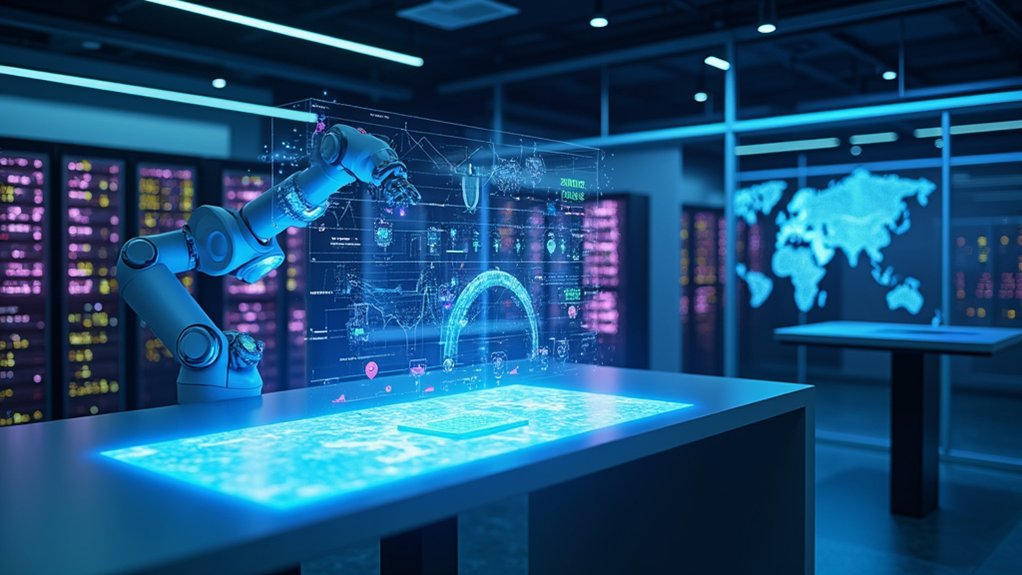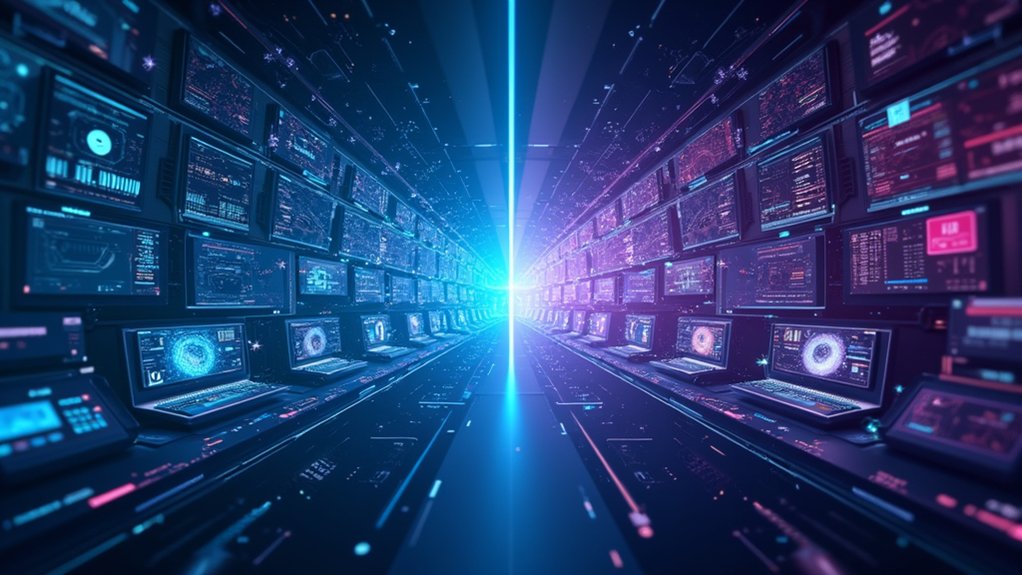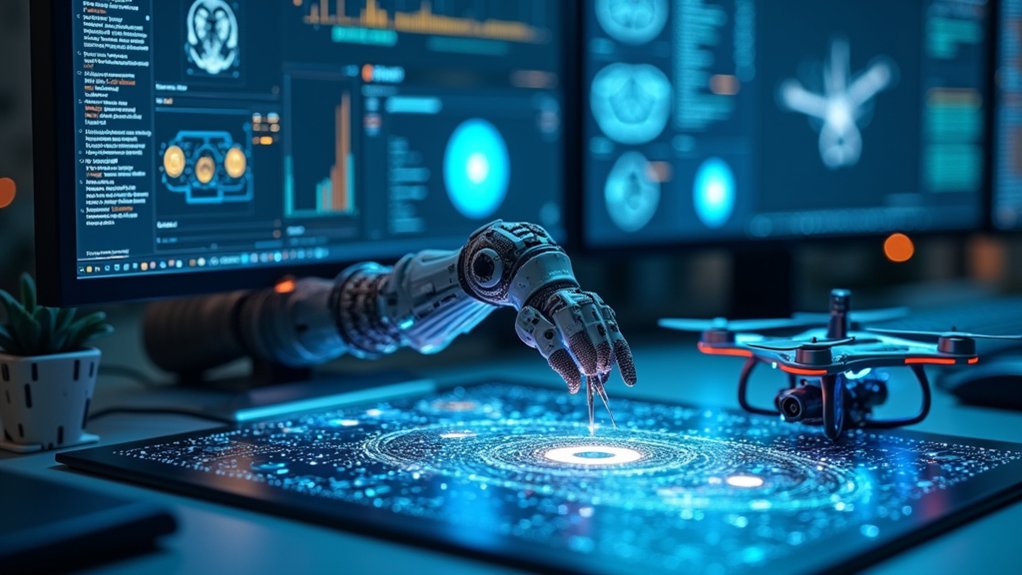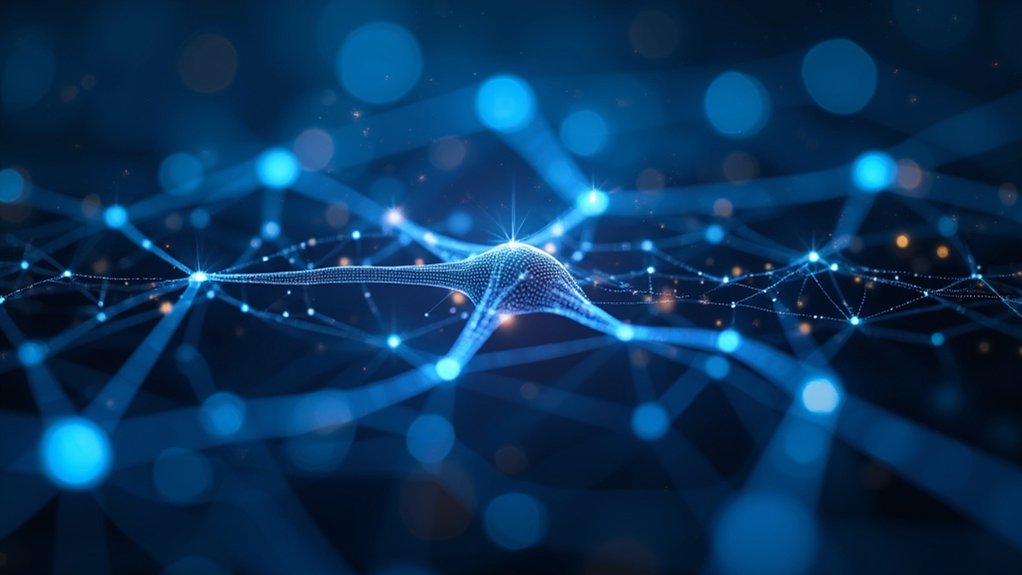An AI agency helps businesses use artificial intelligence technologies in their operations. These firms offer services like data analysis, chatbot development, custom AI solutions, process automation, and AI-powered content creation. They use technologies such as natural language processing, machine learning, and computer vision. AI agencies can increase efficiency, improve customer experiences, and provide competitive advantages. The landscape of AI services continues to evolve with growing demand and new industry-specific approaches.
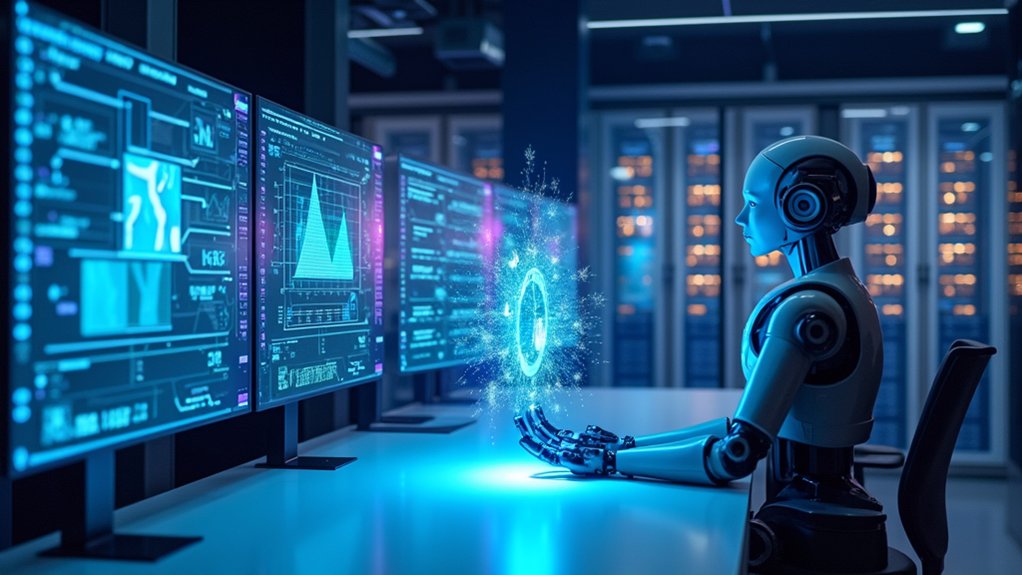
As the business world increasingly turns to automation and smart technology, AI agencies have emerged as essential partners for companies seeking a competitive edge. These specialized firms offer AI-based services and solutions that help businesses integrate artificial intelligence into their daily operations. They focus on improving efficiency and decision-making through various AI technologies.
AI agencies come in different forms based on their specialization. An AI digital agency works on enhancing digital experiences with AI. AI/ML development agencies build custom systems using machine learning. Some focus on automation, using AI to streamline business processes. AI marketing agencies apply artificial intelligence to improve marketing strategies. These agencies act as a bridge between technologies and real-world applications for their clients. Consulting agencies provide advice on how companies should adopt AI.
The services offered by AI agencies include analyzing data to find valuable insights. They develop AI-powered chatbots for customer service. Many create custom AI solutions for specific business needs. They also help automate processes and generate optimized content using AI tools.
Businesses gain several benefits from working with AI agencies. They see increased efficiency in their operations. Customer experiences improve through personalized interactions. Companies can make better decisions based on data. They gain advantages over competitors who don’t use AI. Many also reduce costs through automation. These agencies leverage comprehensive frameworks that integrate essential components for developing and deploying AI applications.
These agencies use key technologies like Natural Language Processing, which helps computers understand human language. They employ machine learning algorithms, computer vision systems, predictive analytics, and automation platforms. Organizations like The Frantz Group focus on enhancing AI agents to exhibit more human-like qualities for better business interactions.
There are challenges to evaluate when working with AI. Data privacy and security are major concerns. Ethical questions about AI use must be addressed. Integration with existing systems can be difficult. Finding AI talent remains challenging. Keeping up with rapid changes in AI technology requires ongoing effort.
The future looks bright for AI agencies. Demand for their services continues to grow. There’s increasing focus on transparent, explainable AI. New trends include combining AI with IoT technologies, offering AI-as-a-Service, and developing industry-specific AI solutions.
Frequently Asked Questions
How Do AI Agents Differ From Traditional Software Programs?
AI agents differ from traditional software programs in four key ways.
They operate autonomously without constant human input, while traditional software follows fixed rules.
AI agents learn and improve over time through experience.
They can process unstructured data and recognize patterns.
Finally, AI agents adapt to new situations without extensive reprogramming, unlike standard programs that need manual updates to change functionality.
Can AI Agents Learn and Evolve Over Time?
Yes, AI agents can learn and evolve over time. Unlike static programs, they improve through machine learning techniques and reinforcement learning.
They update their models based on new data, analyze outcomes, and refine their algorithms. AI agents adapt by processing information from various sources and building memory systems.
They evolve from simple rule-based behaviors to more complex goal-oriented actions. Feedback loops and performance reviews help them continuously enhance their decision-making.
What Ethical Concerns Arise With Autonomous AI Systems?
Autonomous AI systems raise several ethical concerns.
Privacy issues emerge as these systems collect vast amounts of personal data. They often perpetuate biases that harm underrepresented groups.
There’s also limited accountability when AI makes decisions that can’t be easily explained. Safety concerns include potential unintended consequences when AI operates without human oversight.
These systems may make high-stakes decisions that don’t align with human values or ethics.
How Secure Are AI Agents Against Manipulation?
AI agents face significant security challenges against manipulation.
They’re vulnerable to prompt injections, data poisoning, and adversarial attacks. Hackers can hide malicious instructions in seemingly innocent requests or exploit an agent’s decision-making processes.
Security experts warn that these systems often have expanded attack surfaces due to their access to external tools. While mitigation strategies exist, the non-deterministic nature of AI makes complete protection difficult.
Will AI Agency Eventually Surpass Human Decision-Making Abilities?
AI will likely surpass human decision-making in specific areas but not completely replace human judgment. Experts are divided on the timeline.
AI excels at processing data and recognizing patterns but struggles with moral reasoning and emotional intelligence. The future points toward human-AI collaboration rather than replacement.
While 56% of experts worry about control issues by 2035, AI currently serves best as a tool to enhance human decisions.
